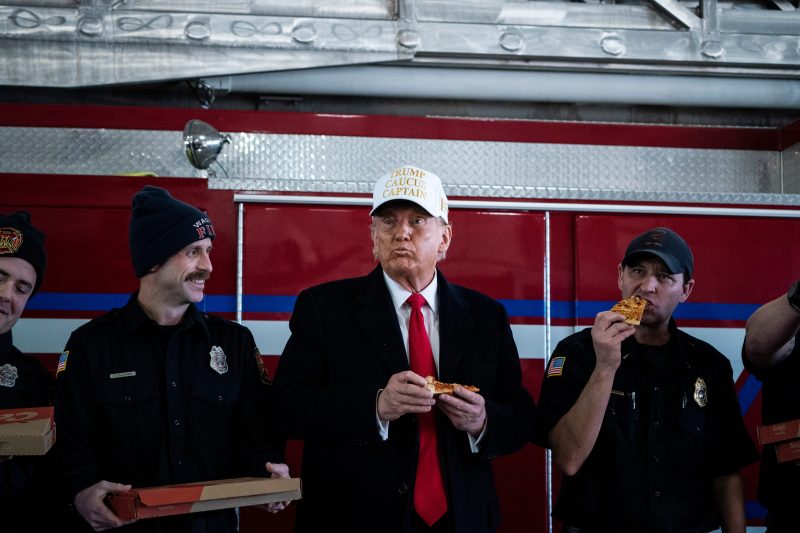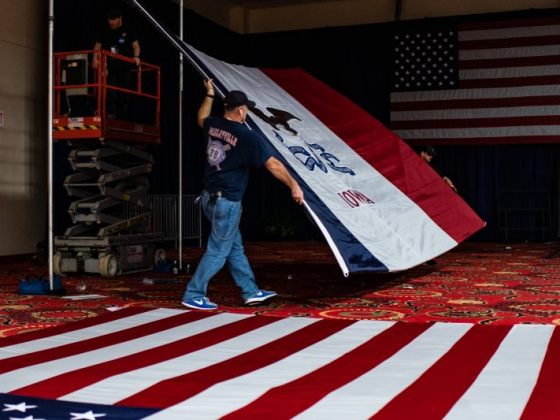The dynamics of early primaries in the U.S. electoral mechanism often throw shockwaves across the political landscape, unravelling surprises that have historically redefined political narratives and set unexpected paths towards the road to the White House. These surprises, though unpredictable and sometimes spontaneous, have demonstrated a significant bearing on the elections, influencing the trajectory of the campaigns and sparking broad public discourse.
Initially, we must delve into understanding the context under which these upsets occur. Early primaries are the first electoral events in the road to the nomination of a candidate for presidential elections from both the Democratic and Republican parties. Essentially, they serve as elimination rounds across various U.S states where delegates are chosen based on public votes. With the sheer enormity of candidates across a wide political spectrum, the shocks and surprises brought by these early primaries often signal shifting public sentiment, indicating a departure from mainstream politics.
Over the years, early primary surprises have resulted in seismic shifts in public opinion and projected the dark horses into the limelight. There are numerous incidents where underdogs or lesser-known candidates have triumphed, thereby altering the electoral math and reconfiguring the whole electoral dynamics.
One of the most iconic surprises was witnessed during the 2004 Democratic primaries when the relatively less-famous senator from Vermont, Howard Dean, surprisingly became a front-runner. Furthermore, Senator Bernie Sanders, originally perceived as a fringe candidate in the 2016 Democratic primary, managed to steal the show across several states. His ideology and powerful narrative resonated with a significant percentage of left-leaning voters, displaying aptly how primary surprises could shift public discourse and reorient the political direction of a party.
In 2008, the then senator Barack Obama’s rise was nothing short of extraordinary. Besting a political titan like Hillary Clinton in the early primaries, the Obama campaign illustrated how primary surprises can radically impact the national scenario, paving the way for the eventual electoral victory.
On the flip side of the coin, early primary surprises are serving as reality checks for the complacency of some established politicians. An array of political figures – whether it’s Jeb Bush in 2016 or Ed Muskie in 1972 – have witnessed their political dreams dashed as unexpected contenders rose and voters veered away from the perceived electability.
While early primary surprises have often altered campaign strategies, influenced media coverage, and equally crucially switched public sentiment, it’s worthy to note that they don’t always translate into general election successes. Early primary victories are typically the manifestation of a candidate’s resonance within their own party. The real litmus test lies in the broader general election.
However, the importance of such surprises in the grander scope should not be undermined. They shape party dynamics, advocate for a more democratic process, and reinforce the principle that in a democracy, the voice of the people reigns supreme. They keep the energy and excitement in electoral procedures while also keeping established politicians on their toes. Such unpredictable elements keep the functioning of a democracy vibrant, exemplifying that surprises, indeed, do matter in the early primaries of U.S. Elections.











